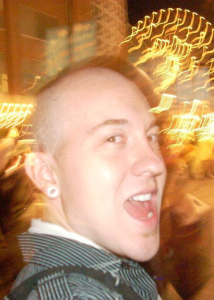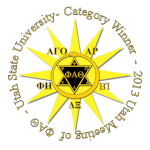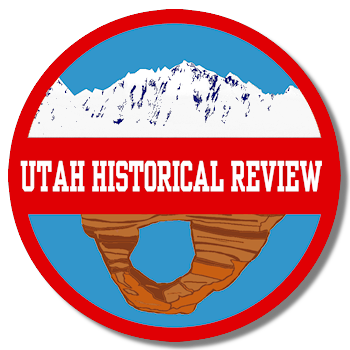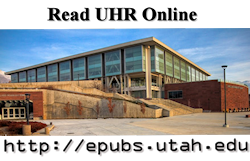Chocolate Communion
Jacob Wayne DeGering
University of Utah Member ΦΑΘ-AP
Published in Utah Historical Review, Vol III.
Winner of 3rd Place Graduate Paper
Prize at the Phi Alpha Theta Regional Meeting
 Prior to Columbus’s momentous voyage in 1492, no European had ever imagined, much less tasted, chocolate. Primarily rejected as a peculiar Indian drink, this product, second only to tobacco, came to conquer Europe on a scale unparalleled by any other American resources or product. Before coffee or tea became prevalent in Europe, chocolate was the beverage that invigorated the exhausted and elevated the despondent. However, no one could quite overlook the pagan past of chocolate, despite the ostensible Europeanization: theologians looked to Aztec standards to decide if chocolate drinking debased the ecclesiastical fast. Theologians and secular circles struggled to reconcile ideologies of European supremacy with American influence as it fashioned key modern developments ranging from Church authority to secularization. The essay contains a consideration of the material, social, and cultural interface amid Spanish Europe with historical complexity and insight that goes beyond the portrayal of Atlantic exchange merely as a matter of exploitation, contamination, and conquest.
Prior to Columbus’s momentous voyage in 1492, no European had ever imagined, much less tasted, chocolate. Primarily rejected as a peculiar Indian drink, this product, second only to tobacco, came to conquer Europe on a scale unparalleled by any other American resources or product. Before coffee or tea became prevalent in Europe, chocolate was the beverage that invigorated the exhausted and elevated the despondent. However, no one could quite overlook the pagan past of chocolate, despite the ostensible Europeanization: theologians looked to Aztec standards to decide if chocolate drinking debased the ecclesiastical fast. Theologians and secular circles struggled to reconcile ideologies of European supremacy with American influence as it fashioned key modern developments ranging from Church authority to secularization. The essay contains a consideration of the material, social, and cultural interface amid Spanish Europe with historical complexity and insight that goes beyond the portrayal of Atlantic exchange merely as a matter of exploitation, contamination, and conquest.
Buy a print version of the journal by clicking here.Read the Whole Paper Online






Recent Comments